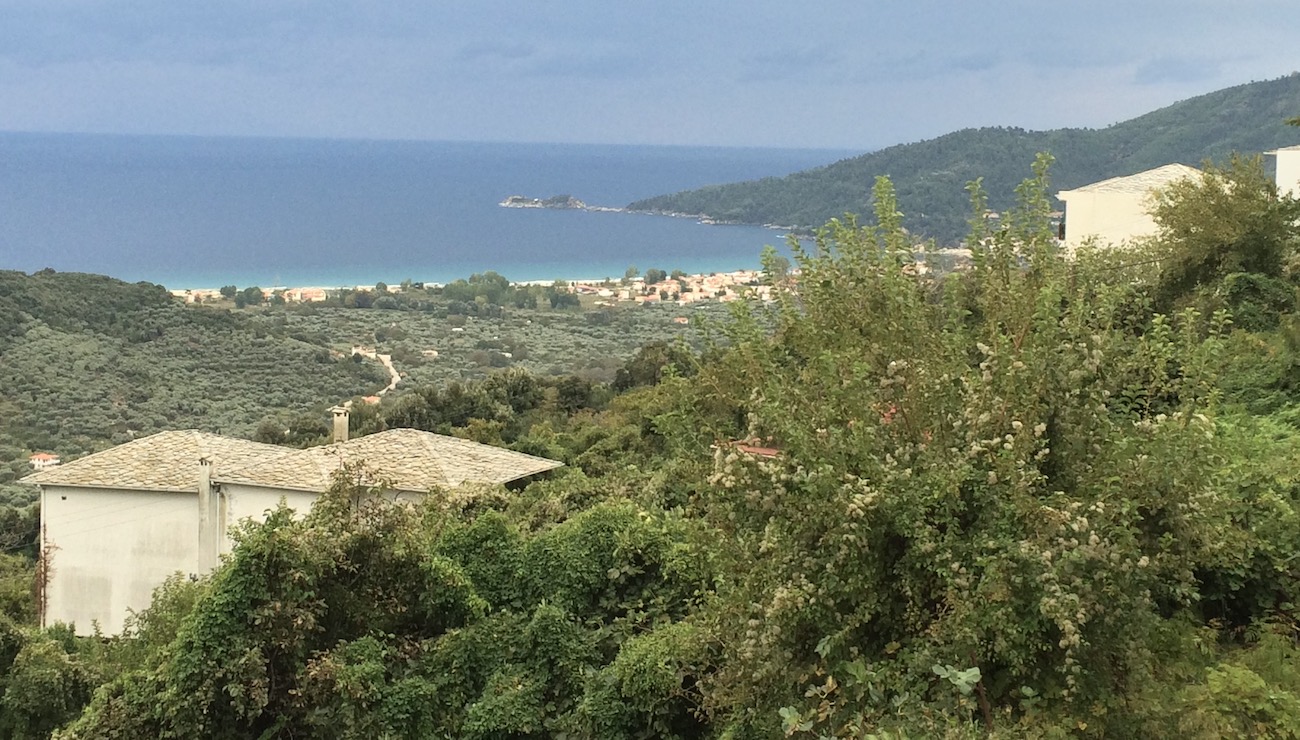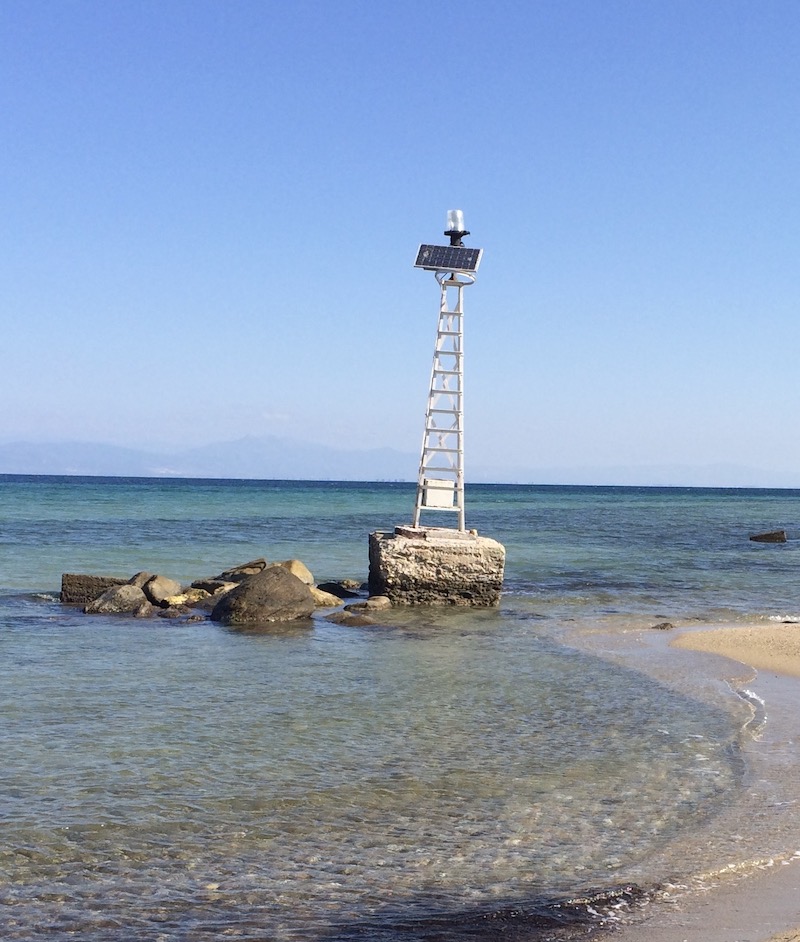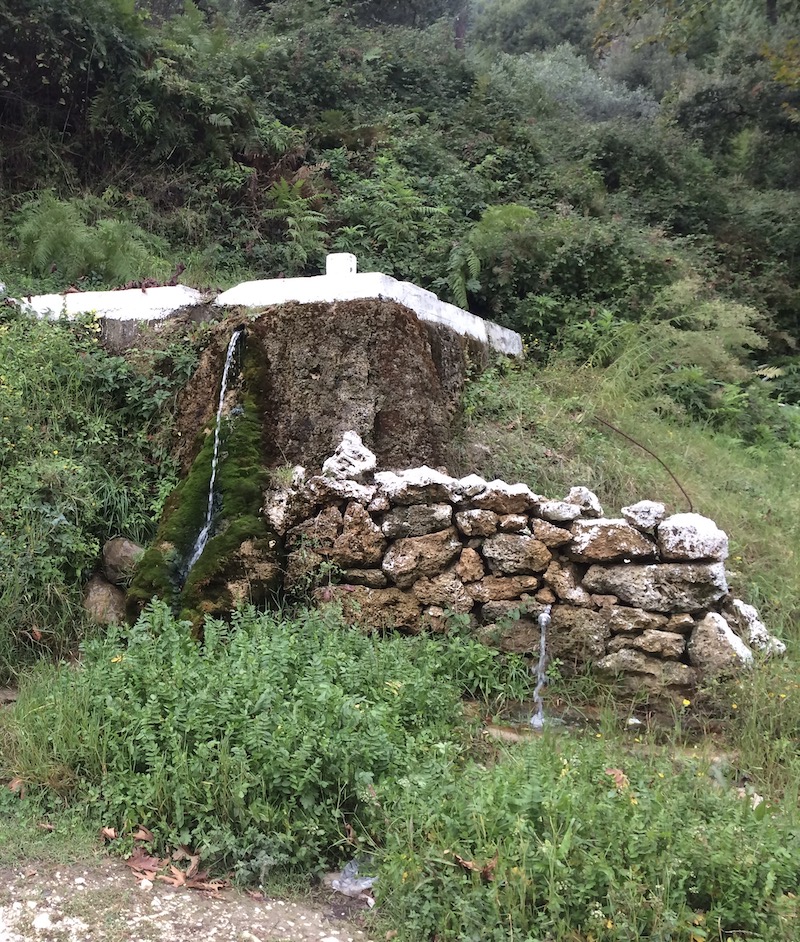Easter in Greece: A Timeless Celebration of Faith and Tradition
In Greece, Easter is not merely a holiday—it is a deeply ingrained cultural and religious experience that brings communities together in a spirit of reverence, joy, and camaraderie. Rooted in centuries-old traditions and customs, Greek Easter is a vibrant tapestry of rituals, feasts, and heartfelt observances that capture the essence of the country’s rich heritage.
Dictum varius duis at consectetur lorem donec massa sapien faucibus. Tincidunt arcu non sodales neque sodales ut etiam sit amet. Guest from Sweden
The journey towards Greek Easter begins weeks before the actual holiday, during the solemn period of Lent. This period of fasting, prayer, and reflection prepares believers for the celebration of Christ’s resurrection and serves as a time of spiritual renewal and purification. Throughout Lent, Greeks abstain from meat, dairy, and other indulgences, focusing instead on acts of charity, self-discipline, and devotion.



As Holy Week approaches, anticipation mounts, and preparations for Easter reach a crescendo. The week begins with Palm Sunday, marked by processions where worshippers carry palm fronds, symbolizing Christ’s triumphant entry into Jerusalem. In the days that follow, each day is imbued with significance, from the poignant rituals of Holy Thursday, commemorating the Last Supper, to the somber observances of Good Friday, recalling Christ’s crucifixion and death.
Yet, it is Easter Sunday that serves as the pinnacle of the Greek Easter experience. On this day, the faithful gather in churches across the country for the Midnight Resurrection Service, known as the “Anastasi.” As the clock strikes midnight, the church is plunged into darkness, symbolizing the tomb of Christ. Suddenly, the priest emerges, bearing a single lit candle, symbolizing the light of Christ breaking through the darkness of death. The congregation’s candles are then lit from the priest’s candle, and the church is bathed in the warm glow of candlelight as the joyous proclamation “Christos Anesti” (Christ is Risen) rings out.
Following the Resurrection Service, families return home to partake in the traditional Easter feast, known as the “Paschal Lamb.” Roasted lamb, dyed red eggs, and an array of delicious dishes grace the table, symbolizing the bounty of life and the victory of good over evil. Throughout Greece, communities come together to share in this festive meal, accompanied by music, dancing, and laughter, as they rejoice in the promise of redemption and renewal.
In addition to the religious observances, Greek Easter is also characterized by a rich tapestry of cultural traditions and customs. From the cracking of red eggs to determine the “winner” to the baking of traditional Easter breads like “tsoureki,” each ritual carries deep symbolic meaning and connects Greeks to their heritage and identity.
Overall, Easter in Greece is a time-honored celebration that transcends time and space, bringing together generations in a shared expression of faith, tradition, and community. As the country awakens to the arrival of spring and the promise of new beginnings, Greek Easter serves as a poignant reminder of the enduring power of hope, love, and the eternal message of resurrection
Related Posts
Giola Thassos where magic can be seen…
Giola, nestled on the enchanting island of Thassos, is a place where magic comes to life before your very eyes. Carved into the rugged coastline by the gentle caress of the Aegean Sea, Giola is a natural wonder that captivates all who behold its beauty. A hidden gem in the heart of Thasos Island. From […]
Cast Your Line into Adventure: Experience the Thrill of Fishing in Thasos
Embark on an unforgettable fishing adventure in Thasos, where the crystal-clear waters of the Aegean Sea teem with life and promise the experience of a lifetime. Whether you’re a seasoned angler or casting your first line, Thasos offers a fishing experience that will leave you hooked. Staying at Kazaviti Hotel was an absolute delight. From […]





Leave a Reply